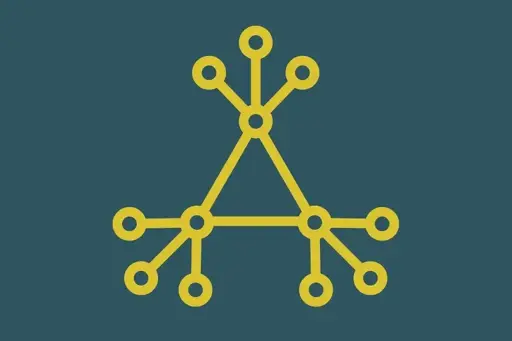Planet Earth is experiencing a five-alarm emergency, yet our political systems are paralyzed and incapable of responding.
Unprecedented hurricanes, floods, droughts, fires, and other climate disasters are overwhelming us. Inequality is at a historic high, with 3,000 billionaires shaping our political systems and civil societies. Our once open and vibrant democracies are mutating into dictatorships. Our economies, which were remarkably stable after World War II, continually careen between uncontrolled inflation and unemployment. The list of seemingly insoluble national and global problems is growing.
But we also believe there is a clear path forward that has received little attention. And that solution is localism: a commitment to place, supported through the decentralization of power, action, and our economies.
Around the world are exciting examples of localism’s success: communities increasingly able to feed themselves through greenhouses, vertical growing, and food sovereignty programs; urban organizations solving homelessness through tiny houses and community land trusts; cooperatives, nonprofits, and B Corps removing the walls between managers and workers; neighborhoods using cutting edge technologies to be self-reliant in energy and water. Localism is about accelerating the start-up, maturity, and spreading of these kinds of projects worldwide.
We believe that localism can not only provide a powerful new framework for solving our most pressing problems. It’s also a philosophy that offers a radically hopeful politics and opens new possibilities for cracking our calcified political systems, collaborating across ideological lines.
Localism is not utopian. It describes the reality of power for most of human history. And it can be seen today—however imperfectly—in the federalist structures of countries like Canada, Germany, and the United States. Perhaps the closest living example of localism is Switzerland, where the national government is so minor that almost no one can name its President, and yet the country ranks at the top of global rankings of economic, social, and environmental performance.


